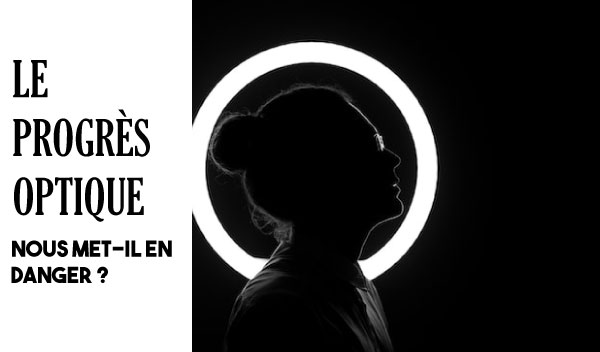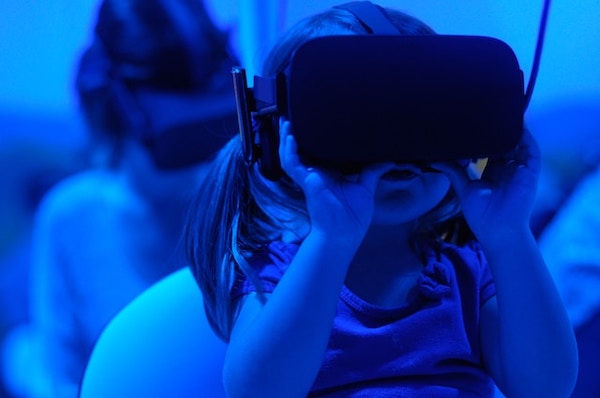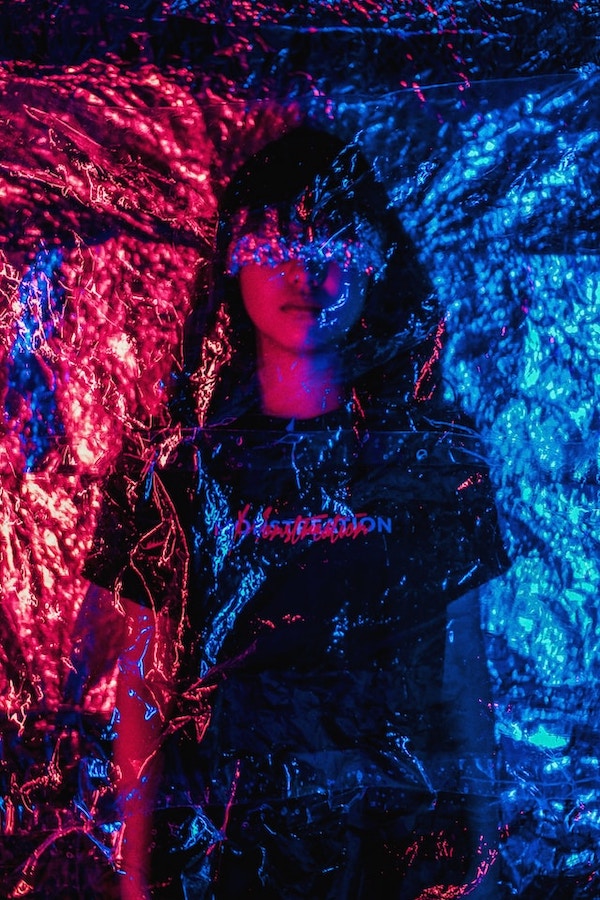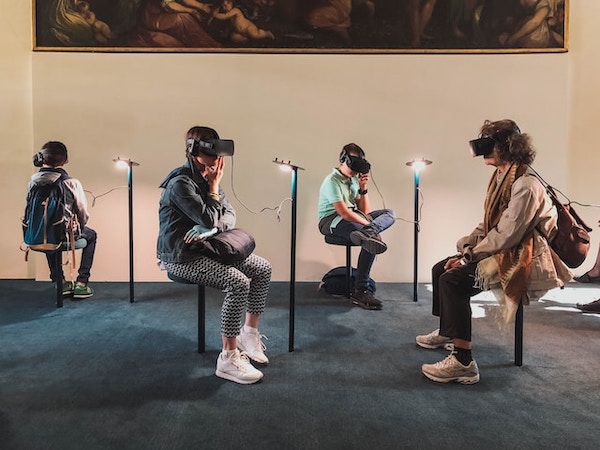DOSSIER: Is optical progress putting us in danger?

Metaverse, mixed or virtual reality… Digital and optical technologies continue to make impressive leaps to offer us ever more elaborate experiences anchored in alternative universes. After fascination often comes the time for questions. Skepticism about optical progress is still relative compared to the excitement it causes. However, initial studies suggest that there is reason to exercise caution. We are trying to decipher this information and answer this question which could, in the near future, haunt us.
Is optical progress leading us towards an all-digital future?
Conducting a prospective survey is not easy. Also called "futurology", it has been a discipline in constant evolution since the 1950s. A science intended to prepare for the future of human beings, it can direct public policies on the basis of concrete reports. Regularly, the National Intelligence Council (NIC), the prospective branch of the Central Intelligence Agency (CIA), establishes a comprehensive report on the future of the world, on a 20 or 30 year scale.
The organization for economic cooperation and development (OECD) also regularly produces forecast reports. In the last one, entitled "Scenarios for the world of 2035", one of the scenarios is entitled "Virtual Worlds". This describes “an interconnected virtual universe where the majority of human interactions associated with work or leisure now take place”. In this world, "each individual begins their day by turning on their mixed reality headset (augmented and virtual) and choosing one of the hyperrealistic worlds offered to them. Virtual reality stimulates the senses because the images, sounds and Prints look real."

A world that creates new dependencies, and new security challenges where cybersecurity becomes the “major subject of concern on a global scale.” If it is based on real data and trends that require confirmation, it is impossible to know if we will know this future. This type of scenario is always in competition with others, which exploit other trends.
But these data in any case make it possible to ask questions about these technological advances which are likely to disrupt our lifestyles.
What health risks ?
Apart from considerations about vision and wearing virtual reality headsets, which we have already discussed on this blog , questions related to immersion arise. Studies have highlighted the risk of user depersonalization. This psychological symptom results in “a feeling of loss of control over the situation, characterized by a loss of sense of self.” These risks are increased for those who use VR because the immersive nature is reinforced.

A harm has also been theorized following the more frequent use of virtual reality headsets. Cyberkinetosis is a side effect of this use and could affect nearly 30 to 50% of users according to an ANSES survey. The symptoms are those that one may encounter when suffering from motion sickness:
- pallor;
- visual disturbances;
- disorientation;
- feeling sick;
- nausea;
- vomiting;
- tachycardia;
- hypersalivation
The risks of epileptic seizures would also be greater depending on the longer or shorter use of helmets. The announced virtual world could therefore cause quite significant health problems if it came to fruition.
Attention to our physical integrity therefore, even if the risks should not take extreme proportions , as we might have feared for a moment. Indeed, a prototype virtual helmet that explodes during a game over was created as a "work of art" inspired by the Japanese literary series "Sword Art Online."
[ =]
But this is another problem which can lead us to worry about the democratization of virtual worlds.
The question of personal data: does optical progress rhyme with ethics?
The subject arrives on the table. How, in a world where digital technology is taking up more and more space, can we guarantee respect for private life? The issue of personal data is already fueling discussions among individuals, public authorities and large companies. However, the Metaverse is capable of collecting immense quantities of personal data, much more than a smartphone and its ever-increasing number of mobile applications.
By testing a virtual reality game type "Escape Game", researchers from the universities of Munich (Germany) and Berkley (United States) tried to understand and identify the risks linked to a virtual attack intended to collect personal data.
[= ]

What is the difference with our current applications? With the advancement of technologies offering an expansion of possibilities, the Metaverse encompasses even more sensitive but necessary information for its functioning. Thus, "these advanced technologies, notably in VR headsets and smart glasses, will track behavioral and biometric information on a record scale. Currently, digital technologies can capture data regarding facial expressions, hand movements and movements. gestures. Therefore, personal and sensitive information that leaks through the metaverse in the future will include real-world information about users' habits and physiological characteristics," the researchers explain.
The study also highlighted the security and hardware failures that could be found in virtual worlds. Vulnerabilities of websites, unclear privacy policies, lack of multi-factor authentication of software and tools are all loopholes that need to be filled to guarantee the user more protection.
Au In total, 25 personal data attributes revealing accessibility vulnerabilities were identified by the study researchers. Results which question the ability to stand up and offer experiences devoid of the slightest risk.
Enter the virtual world with caution
All this information should make us aware that what we call virtual or augmented reality nonetheless remains a very real part. Immersion can help make the experience as impressive as it is risky. Public authorities will continue to take ownership of the issue of personal data. The European Union, through its commission, has tools that allow it to exercise control over respect for privacy rights. These questions will remain essential in the future and will continue to agitate public debate as optical and technological progress continues to expand.

Progress will not be altered. The whole point is there. While there is no question of stopping the advances in optical and technological progress, it will be necessary to build a security architecture as efficient as the technological prowess which adorns extraordinary experiences and which will continue to be enriched.
This is the big difference with the progress encountered until the end of the 20th century: a more enriched collective consciousness which is more aware of the issues linked to these questions. Because new realities do not fall from the sky and, if they promise a revolution, we should not experience the same rupture as with the arrival of the smartphone, which has disrupted the digital field, sometimes to the detriment of prudence.[ =]
That this remains valid, that is in any case all that we can hope for.
Sources: developpez.com , healthymind.fr , theconversation.com , frandroid.com


